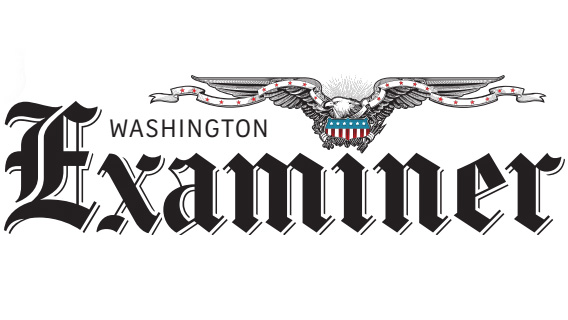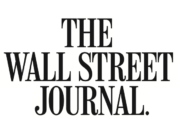This piece originally appeared in Washington Examiner on December 18, 2020.
For over six weeks, Facebook held two Senate races hostage, blocking four candidates from reaching Georgia voters with ads before next month’s election. On Wednesday, it decided to take the muzzle off finally.
Excuse me while I golf clap.
Facebook shouldn’t have banned ads in the first place. The company buckled under pressure from politicians and activist groups pushing new speech restrictions on social media. Insisting that “disinformation” is destroying democracy, it urged Silicon Valley to protect our fragile little minds from words and ideas supposedly capable of dismantling our centuries-old republic. And Facebook fell for it.
The social media giant banned all new political and issue ads in the week before voters went to the polls in November. It didn’t go well. A “glitch” blocked preapproved ads from nonprofit groups, candidates, and both presidential campaigns. While the fiasco affected both parties, it seemed to disadvantage the Biden campaign, which claimed thousands of preapproved ads were unfairly blocked.
But the botched enforcement didn’t stop Facebook’s banning bonanza. Claiming it wanted to prevent confusion about election results, the platform proceeded with a second ban: a post-election blackout on all ads about politics, social issues, and elections. Only on Wednesday, less than three weeks before the runoffs, did it partially back down, saying it would now allow “authorized” advertisers to buy and run political ads directed to Georgia voters.
Facebook was right to correct course. Free speech, especially speech about elections, is critical to maintaining a government of, by, and for the people. But unfortunately, with Jan. 5 fast approaching, the damage to Georgia’s Senate races is already done.
For two-thirds of the runoff campaign season, the social network put its thumb on the scale by restricting ads. The policy even banned ads announcing the voter registration deadline and the period to request absentee ballots. These restrictions help fortify the power of incumbents, who generally have less need for ads due to their other advantages in campaigns. Compared to challengers, incumbents typically have better name recognition, more campaign money, more followers on social media, and greater media access.
In Georgia, this disparity was magnified when one of the incumbents, Sen. David Perdue, refused to debate his opponent. Although challenger Jon Ossoff then got that TV time to himself, reaching voters online became all the more important for him.
Luckily, Facebook eventually listened to the bipartisan backlash and reversed the ban on election speech in Georgia. But this is really just another case of Facebook caving to pressure from the loudest voices in the room — those voices just happened to be right this time. One wonders, if this wasn’t a federal election with the fate of the Senate hanging in the balance, would Facebook have recognized its error? If these races were for state Senate, would there have been enough backlash to get it to make a change? A “ban first, make exceptions later” approach is another structural advantage for powerful actors who can raise hell about the policies hurting them. What about the rest of us?
For that matter, what about the other 49 states? Facebook’s radical ban on all political and social-issue ads is still firmly in place outside Georgia. These sweeping restrictions harm our ability to speak to fellow citizens, hold government accountable, and advocate for change. Even Sen. Elizabeth Warren, usually an enthusiastic cheerleader for the speech police, understands the real-world harm caused by Facebook’s shortsighted policy. Last month, she voiced concern that the ban “prevented some non-profits from raising critical resources and reaching people during a pandemic and economic crisis.”
The unintended consequences of censorship always benefit the powerful. Facebook isn’t protecting us by banning political speech, it’s patronizing us. People can evaluate ads for themselves and determine what is “misinformation.”
If Facebook really wants to help preserve democracy, it won’t interfere with our ability to talk to each other about important issues. It’s time for Facebook to repeal this terrible policy fully.














